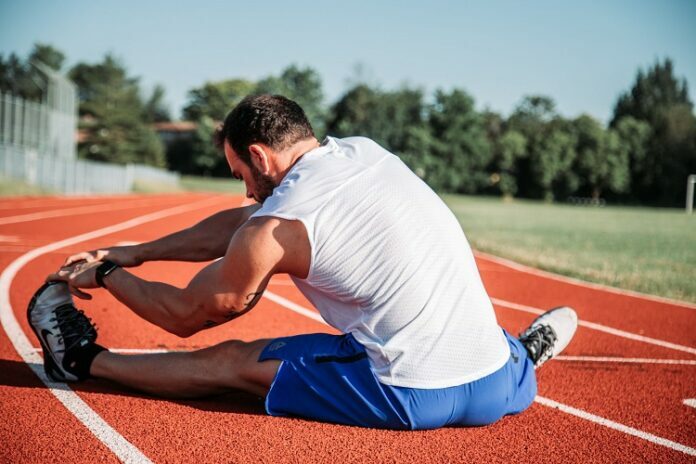Sports injuries are often hard to overcome. For athletes, the rehab process is painfully slow. In addition, people used to maintaining high activity levels or competing professionally have difficulty managing downtime or taking things slowly.
Unfortunately, rushing the process usually only makes things worse. Sports injuries range from minor sprains that sideline people for days or weeks to tendon tears that require a year before someone fully recovers.
When people fail to care for injuries properly, they risk exacerbating the damage and making this much worse. It can extend the time that they’re unable to run, jump, or throw. Instead, people should stick to effective rehabilitation methods that work. Following these tips will likely get you back on the field or in the gym faster.
Table of Contents
Resting Enough Time
Resting is hard, especially when you’re accustomed to playing sports or living an active lifestyle. Of course, the last thing you want to hear from a doctor is that you have to sit out. But the key to full and fast recovery is resting the appropriate amount of time to let your body heal.
If you return to sport too early after an injury, your muscles, joints, or bones will be too weak for high-impact or sustained intense activities. As a result, you’ll re-injure yourself, or your body will compensate, and you’ll end up hurting something else.
Rest and return to 100% health before you jump back in. Otherwise, you’ll switch back and forth between exercising and treating injuries more than you’d like.
Control Inflammation
Inflammation gets in the way of the healing process and can prevent fast recovery. It’s one of the main reasons why doctors and physical therapists will tell you to ice and compress injured areas. They want to keep inflammation down to help your body heal faster.
Ice your injury and the surrounding area to fight off inflammation. You’ll feel less swollen and have more mobility when the time comes for stabilizing exercises or lifting light weights during rehab.
You can also control inflammation with over-the-counter medications like ibuprofen. Don’t overuse them because it can lessen their efficacy. Talk to your doctor about how much you should take when in doubt.
Your doctor can also prescribe stronger medicines based on your need to help you manage pain and inflammation.
Don’t Avoid Physical Therapy
Too many people shrug off physical therapy and significantly delay their recovery. Athletes often think they can handle things themselves, so they disregard therapy sessions.
That may be no big deal when you’re rehabbing a sprain or a dislocated shoulder, but physical therapy is vital after surgery to repair a torn tendon or to rehab a hernia. You need therapy to build supportive muscles around your injury to prevent re-injury in the future.
If your doctor recommends physical therapy, listen to them and keep your appointments.
Add Weightlifting to Your Exercise Routine
Making your body stronger will shrink the time it takes to recover from a sports injury. Lifting weights is fantastic for building muscle and increasing bone density to prevent injuries. Regular weightlifting is a must for people who regularly engage in sports. It becomes more important the older you get because you lose bone mass faster.
Lifting weights doesn’t mean you have to lift very heavy weights all of the time. It can, however, be a good supplement to regular exercise. Give weightlifting a try if you want to make a stronger comeback after a sports injury.
Avoid Delaying Surgery
People stay injured longer when they try to avoid surgery when it’s the best path forward. Many athletes tear a meniscus or partially tear an ACL. Their doctors recommend surgery, but they shy away from going under the knife because, to them, it means more time on the sidelines.
They typically go through surgery after months of unnecessary pain and suffering. Sometimes, they injure themselves further, resulting in more serious procedures that take longer to heal.
If your doctor or multiple physicians recommend surgery, give it serious consideration. It is probably your fastest way to make a comeback.
Peptides & Injury Recovery
BPC-157 is a Penta-decapeptide made of over 15 amino acids. Studies in animals have shown for years that BPC-157 accelerates the healing of muscles, tendons, and damaged ligaments. It maintains the mucosal barrier that protects tissues from bile, gastric acid, and other harmful substances. It also recruits fibroblasts, which are vital to the healing process. Fibroblasts are the cells responsible for boosting collagen, fibrin, elastin, etc., which facilitate skin growth and other healing properties.
Animal studies show that taking specific peptides can heal them faster and speed their recovery after injury. Taking the right supplements is often an effective part of the healing process. It can boost the body’s ability to marshall necessary resources to fight pain, control inflammation, and help the body bounce back quickly.




